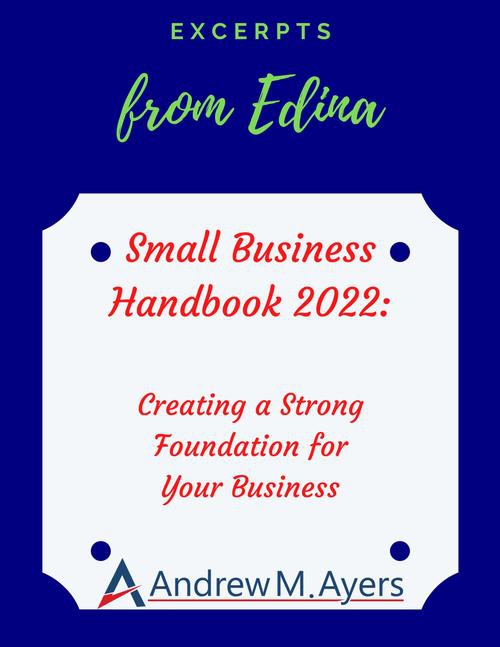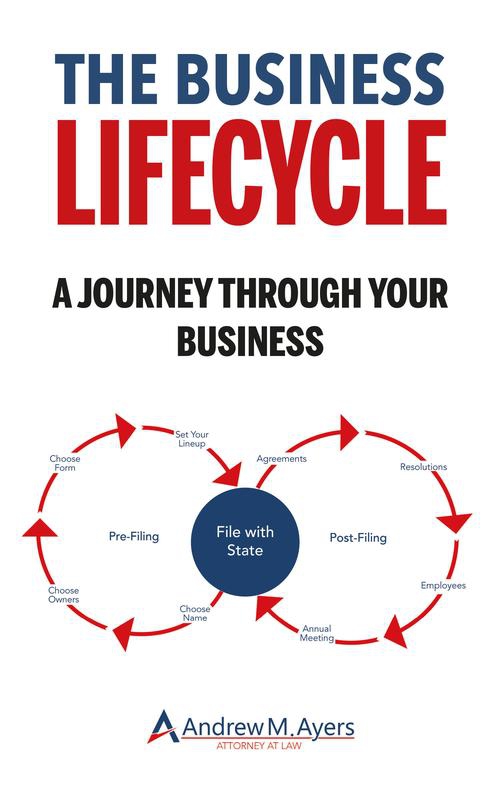 Ever wondered about the real identity of a business? Curious about what DBA means? Here's a quick business law lesson for you.
Ever wondered about the real identity of a business? Curious about what DBA means? Here's a quick business law lesson for you.
In the world of sole proprietorships and partnerships, the business's legal name is simply the owner's name. Easy, right?
But for corporations, LLCs, and statutory entities, it gets more intriguing. Their 'true' name is the one written on their formation documents.
And then we have the intriguing world of DBAs - 'Doing Business As'. DBA names are also known as 'assumed names', 'trade names', or my personal favorite - 'fictitious business names'. Sounds mysterious, doesn't it?
In essence, a DBA lets a business operate under a different name than its legal one. Why would a company do this? The answer is simple - consumer protection laws. A DBA registration is required so that customers know who actually owns the business they're dealing with.
Why Do Businesses Adopt a DBA?
Ever wondered why businesses adopt a 'Doing Business As' (DBA) name? The motivations often vary, masked by the type of business. For instance, the drive behind a sole proprietorship embracing an assumed title differs strikingly from that of a corporation or LLC. Let's explore these intriguing disparities together.
- A DBA can lend your business more "credibility" with consumers
- You don't have to use your personal name as your business name if you're a sole proprietorship
- You can create a more memorable or identifiable name for your business
- The bank for your sole proprietorship wants you to use a DBA
- You're launching a new product and your business name doesn't seem to relate to the new product
- The DBA is more aligned with your internet URL for your business
One big note of caution, using a DBA does not provide you with the same liability protection as incorporating your business. So if you're operating as a sole proprietor, just setting up a DBA is not a shortcut to that liability protection that others receive from formalizing their businesses.
Remember: A DBA Is Not A Trademark
A DBA is not a trademark and it's important to be able to distinguish between the two to avoid difficulties. Consider a scenario where you are broadening your ventures across state lines. While enthusiasm and preparation are key elements, awareness of 'foreign qualification' is paramount. This term refers to the necessity of registering to conduct commerce within each respective state - a legal obligation, not merely an option.
Neglecting such responsibilities can incur penalties, an undesirable outcome for any business. When operating in a state, please note that your legal name refers to the one listed on your certificate of authority. Desire to operate under an alternate name? This is where a DBA proves useful.
Can a Business Have More Than 1 DBA?
Businesses are not confined to a sole moniker but can employ numerous 'Doing Business As' or 'assumed' names. One pertinent fact, however, remains that most state laws oblige you to register these DBAs.
What would be the implications of non-compliance? For sole proprietors, it results in being confined to their personal names. Limited Liability Companies and Corporations would be restricted to the name on their formation documents. A business with multiple registered names can adapt to various markets, much like a chameleon adjusting its color to fit its environment. Failure to register may restrict your enterprise to a solitary niche.
Do I Need a Business Attorney?
If you or your business want to discuss using a DBA, let's schedule a Legal Strategy Session online or by calling my Edina, Minnesota office at (612) 294-6982 or my New York City office at (646) 847-3560. My office will be happy to find a convenient time for us to have a phone call to review the best options and next steps for you and your business.




